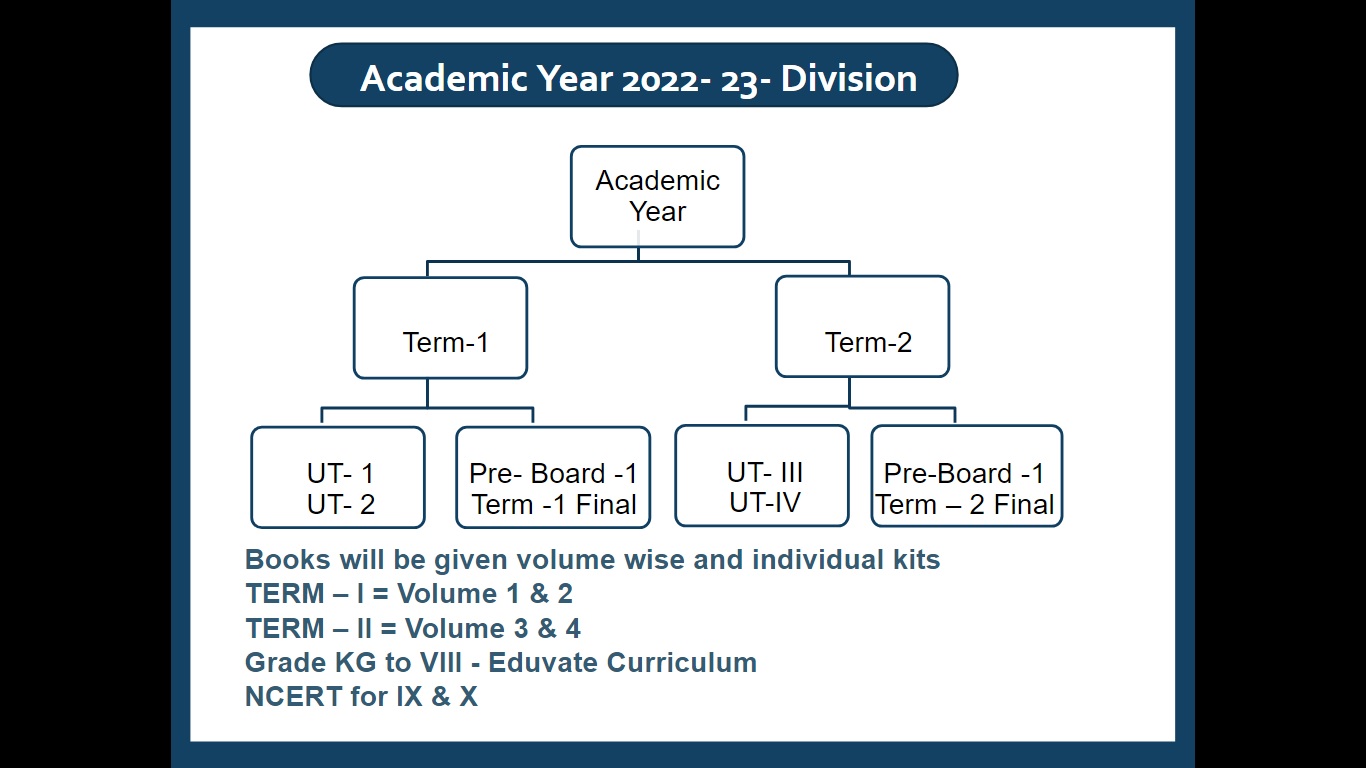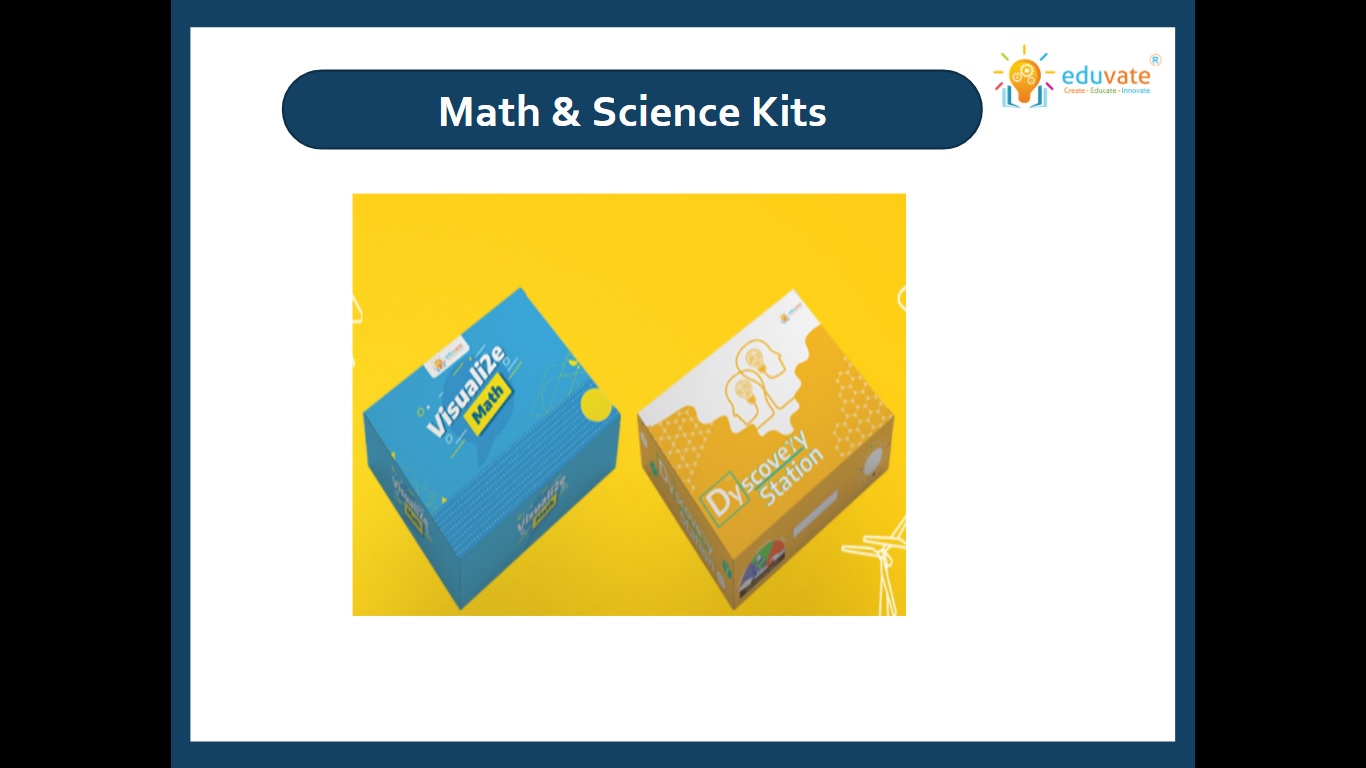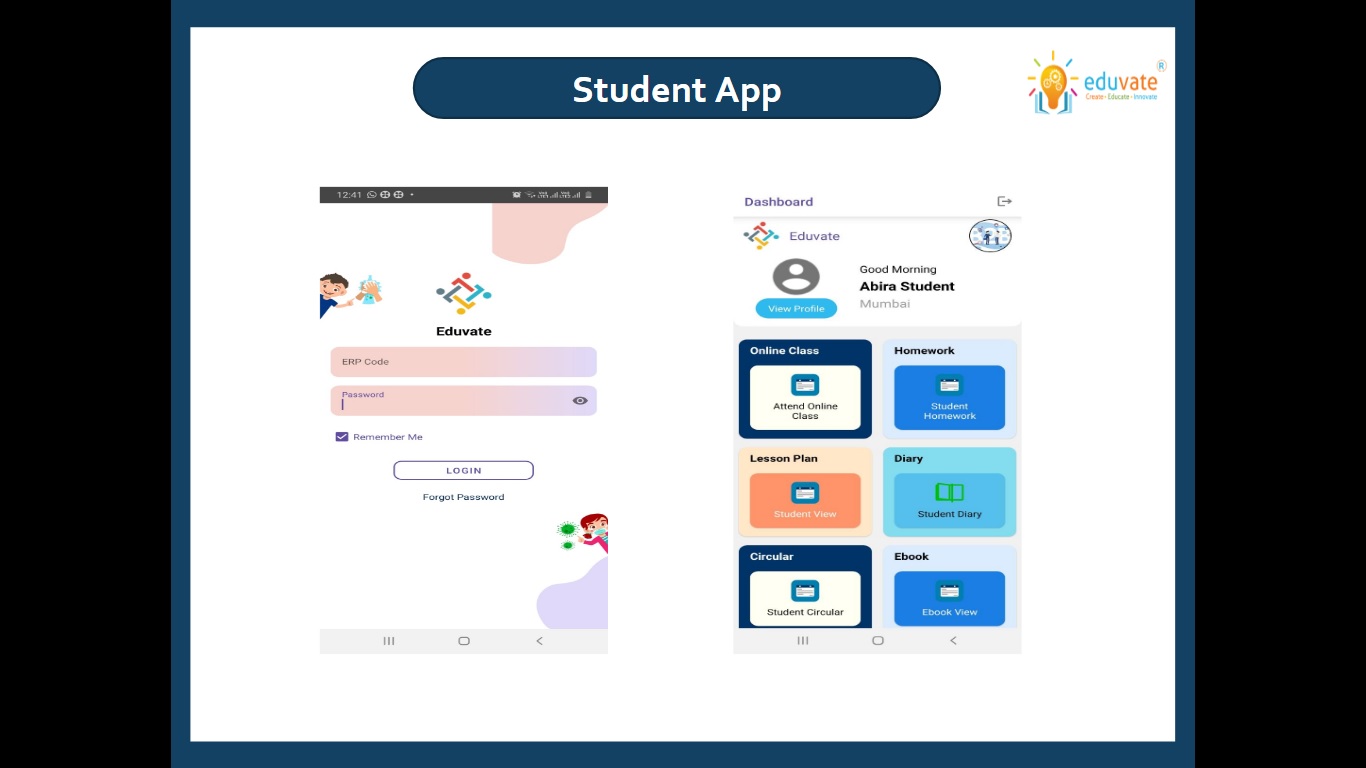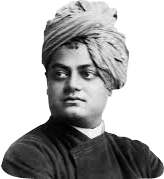CBSE School Curriculum Mission and Goals
The curriculum adopts the following principles:
- creates a connect between learners' spiritual, ethical, social, cognitive, mental and physical growth and development;
- nurtures individuality and enhances one's innate potential;
- fosters constitutional literacy and tolerance for different cultures;
- develops scientific outlook and transformative competences, in order to meet the demands of changing society.
- The aim of our education is not just to let learners obtain basic knowledge but to make them life-long learners. It is to nurture future citizens who are mentally and physically robust, assertive, confident, empathetic and helpful to the community, intellectually inquisitive and reflective, tolerant and with creative vision and global perspective.
- We accomplish such standards through the promotion of value based learning activities which emphasize humanity, practicality, individuality, inclusiveness, and modernity. Such activities involve collaborations between oneself and others, individuals and the community, as well as humans and nature.
To achieve this, we guide our learners to achieve the following curriculum goals:
- enhance self-awareness and explore innate potential;
- develop creativity and the ability to appreciate art and showcase one's own talents;
- promote capabilities related to goal setting, decision making and lifelong learning;
- nurture assertive communication and interpersonal skills;
- learn to be empathetic towards others, display dignity and respect to the opposite gender, to contribute for the community, and focus on preserving environment;
- foster cultural learning and international understanding in an interdependent society;
- strengthen knowledge and attitude related to livelihood skills;
- acquire the ability to utilize technology and information for the betterment of humankind;
- inspire the attitude of functional and participatory learning; and to develop abilities related to thinking skills and problem solving.
Core Competence and Outcomes
In order to achieve the above-mentioned goals, the our curriculum focuses on the requirements and capabilities of learners and aim at developing core competences which a global 21st century citizen should possess. Such core competences are categorized as follows.
- Self-awareness and exploration of innate potential, which involves thorough understanding of one's personality, competencies, emotions, requirements, and dispositions, respect and love for self, regular self-reflection, self-discipline, optimistic attitude, and ethics, showcasing one's individuality, and instituting values.
- Appreciation, representation, and vision, which include the ability to perceive and appreciate the beauty of things as well as using imagination and creativity, developing a dynamic and innovative attitude, and expressing one in order to promote the quality of living.
- Goal setting, decision making and lifelong learning, which involves the development of individual abilities in order to bring forth one's talents, chart the path for future success, and develop the capability of lifelong learning in accordance with the transition of the current century.
- Effective Communication skills which involves making effective use of all kinds of symbols (such as languages in both verbal and non-verbal forms, sounds, motions, visual and written) and tools (such as media and technology) in order to better interpersonal relationships through skills of listening attentively to and communicating effectively with others, and sharing various perspectives and information assertively with others.
- Empathy, which involves being aware of other people's feelings and situations, respect for the opposite gender, tolerant of different opinions, and unbiased to humans and groups of different identities, with respect for life and thoughtful for the community, the environment, and nature, obeying and respecting the rules of the law, and holding an attitude which is conducive to collaborative work and leads to individual, societal as well as global transformation.
- Cultural learning and international understanding, which involves appreciating and respecting different groups and cultures, taking pride in the history and culture of one's own country as well as holding a positive outlook towards different cultures, developing a global perspective with conjoint interdependence, trust and cooperation.
- Knowledge and attitude related to livelihood skills, adopting approaches by which such considerations and practices are incorporated, equippingand enabling each member to contribute to the community as well as serve the public and one's country in a productive way.
- Utilization of technology and information, which involves the utilization of technology in a positive, safe and effective way for the welfare of mankind, for boosting learning efficacy and living quality.
- Functional and participatory learning, leading to the development of higher order thinking skills. Encouraging inquisitiveness and keen observation, actively exploring and discovering solutions, and applying knowledge, attitude and skills in daily life.
- Thinking skills and problem solving, which involves cultivating the ability and habit of thinking creatively and reflectively, making logical analyses and decisions, and effectively solving problems and resolving conflicts.
Conception of Learning and Learning Environment
Learning occurs both at individual as well as peer group level and lies in the process of building knowledge and skills. Learning in a purposeful way takes place by a learner independently, in class with a teacher, out of class interaction with the peer group and the larger community. Learning is an active and goal oriented process.
Learning environment must be physically, psychologically and socially safe and motivate learners to develop effective study skills and become lifelong learners.
Curriculum Areas at Secondary Level
For the purpose of fostering core competences in learners, the curriculum encompasses seven major learning areas, which are: Languages, Humanities, Mathematics, Science and Technology, Health and Physical Education, Visual arts, Performing arts and contemporary subjects.
It refers to the content of learning, not the titles of subjects. Beyond the required core and elective courses, optional courses relevant to specific curriculum areas may also be made available in consideration of changing individual, societal and global requirements and demands.
Major Contents of Each Curriculum Learning Area in Secondary Classes
- Languages include Telugu, Hindi, English, and focuses on listening, speaking, reading and writing skills, along with developing effective communicating proficiencies.
- Humanities (Geography, History, Economics and Political Science) include the learning of history and culture, geographical environment, global institutions, constitutional values and norms, politics, economy, interpersonal and societal interactions, civic responsibilities, and the incorporation of the above-mentioned learning into one's life.
- Performing and Visual Arts (Dance, Drama, Music, Drawing, Painting, Crafts and Sculpture) include music, instruction in these arts, aiming to help learners cultivate an interest and appreciation for arts and encourage them to enthusiastically participate in related activities, thus promoting abilities such as imagination, creativity, value arts, and the cultural heritage.
- Science and Technology (Biology, Chemistry, Physics and Computer Sciences) include gaining knowledge about matter and energy, nature, the environment, technology, breakthroughs in science. It will focus on knowledge and skills to develop scientific attitude, use and application of such knowledge and skills to improve the quality of life and further use this learning to analyze, evaluate, synthesize, create, invent and discover.
- Mathematics includes acquiring the concepts related to number sense, operation sense, computation, measurement, geometry, probability and statistics, the skill to calculate and organize, and the ability to apply this knowledge and acquired skills in their daily life. It also includes understanding of the principles of reasoning and problem solving.
- Health and Physical Education focuses on the learning for holistic development like mental and physical. Understanding the importance of physical fitness, health, well-being and the factors that contribute to them. Focus of this curriculum is on helping learners develop a positive attitude and commitment to lifelong healthy active living and the capacity to live satisfying, productive lives with the help of proper health management, sports, fitness and lifestyle choices.
These six learning areas are to be integrated with each other in terms of knowledge, skills (life and livelihood), comprehension, values and attitudes. Learners should get opportunities to connect between different areas of knowledge and application. They should be encouraged to cognize and appreciate the interconnectedness of all knowledge and the enduring connection between knowledge and values. Their education should help them to connect the content of their learning areas and subjects with their own lives and the world around them. The holistic nature of human learning and knowledge should be brought forth throughout.
Main Pedagogical Outcomes for Curriculum Learning Areas
Learners
- use language to comprehend, acquire and communicate ideas and information and to interact with others.
- identify, integrate and apply numerical and spatial concepts and techniques. They have clarity of concepts and are able to connect them to the real world.
- understand and appreciate the physical, biological and technological world and have the knowledge, attitude, skills and values to make rational decisions in relation to it.
- understand their cultural, geographical and historical milieus and have the knowledge, attitude, skills and values necessary to bring about transformation for a better India.
- recognize the requirement of information, locate and resource it from a range of data available and evaluate, use and collaborate it with others.
- identify, select, use technologies and are able to synthesize, innovate and discover newer technologies as required.
- rationalize and reason about pre-defined arrangements, norms and relationships in order to comprehend, decode, validate and develop more relevant patterns.
- think laterally, critically, identify opportunity, challenge their potential and are open to challenges. They are aware of consequences and take ownership of their deeds.
- interact harmoniously with people and cultures from across the globe and are tolerant and empathetic towards others.
- involve themselves in cultural pursuits as well as appreciate, respect and acknowledge the artistic, cultural and intellectual work of others.
- value and engage in practices that promote personal physical as well as mental and cognitive development and well being.
- have positive self-esteem. They are confident and self-motivated learners who are able to work independently as well as collaboratively.
- appreciate and value everyone's right to feel respected and safe, and, in this regard, also understand their constitutional rights as well as duties and behave responsibly.
- are aware and participate responsibly in the social, political, economic and cultural transformations.
- are equipped with the attitude and skills to be a lifelong learner.
Implementation of Curriculum
Formulating a comprehensive and all encompassing School Curriculum Plan (Syllabus) is an essential way forward to this Curriculum document. We established a School Curriculum Committee, which have teachers representing each subject. This committee is responsible to draft the school curriculum plan for the coming session, by the beginning of this session based on the Curriculum documents. This committee defines the teaching periods for each subject for each grade, review textbooks, develop topics and activities for pedagogical practices, and evolve a plan for the teaching learning process evaluation and so as to be able to provide feedback for reflection. This committee will conduct meeting , reviewing and assessing the pedagogical practices on a regular basis. Subject Experts, Scholars and professionals will also be invited to join the committee in advisory capacity, This committee will ensure and record that the text books selected for classes I-VIII (other than NCERT books) do not contain any material which may hurt the sentiments of any community. The books should also reflect gender sensitivity and be in conformity with the underlying principles of the constitution of India.
This Committee consolidated the efforts of all school staff as well as resources provided, and developed a comprehensive school-based curriculum, giving due importance to both Scholastic as well as Co-Scholastic areas.
The School Curriculum Plan (Syllabus) includes:
- Pedagogical goals of the school for the session
- Subject focused pedagogical objectives
- Mapping of units with pedagogical objectives
- Resources/activities to achieve the unit wise pedagogical objectives
- Pedagogical outcomes
- Assessment directives
- Feedback rubrics
- This Plan will also contain specified descriptions on how to infuse the seven core areas (including Life Skills Education, Values Education, Gender Sensitivity, Environmental Education, Information Technology Education, Human Rights Education, Health and Wellness Education) into the teaching of each subject. It is a good idea to involve parents in formulating this plan. The plan is an effective tool to let parents connect and support the pedagogical practices of the school.
- Lesson/ Unit Plans Lesson plans for the topics will be prepared by the teachers within their faculty. This will be supported by School Curriculum Plan (Syllabus). Some important components of this plan can be:
- Specific learning outcomes
- Unit/topic learning contexts
- Formative assessment tasks
- Remedial teaching plan
- Interdisciplinary Linkages
- Infusion of Core (Life-skills, Values, etc.)
- Resources (including ICT)
- The component of remedial teaching is to be drafted keeping in view differentiated instructional requirements of the individual learners. As the learning difficulties are observed the remedial teaching must be taken up. This should be planned with a mutual understanding with the parents and they should be informed about how the remedial instruction is being provided.
Creating Cross-Curricular Linkages
Cross-curricular linkages are vital to learning as it is important to be able to connect prior knowledge and experiences and new information and experiences. Such connections are essentially required for being able to make sense of our world and foster learning capacity.
Making links between subjects also helps learner more effectively apply and embed skills and knowledge in meaningful and purposeful contexts. For example, mathematical data handling and interpretation effectively applied in geography and science; learners can write better-framed answers in history, geography and science when they have learnt how to write explanations/ short descriptions in English; Learning to make well-formed strokes can help learners illustrate their science diagrams with great perfection. Role-plays in language classrooms can act as effective tools once the learners have been exposed to dramatics. Strong links such as these can undoubtedly enhance learning in all subjects. They help learners connect, with a greater range, of the skills, attitude and knowledge they are acquiring in specific subjects. Creating cross-curricular linkages can help learners reflect on their learning. Aspects of learning – such as problem solving, reasoning, creative thinking -can be used across the curriculum.
Teachers should involve learners in cross-curricular projects thus helping learners recognise these underpinning skills and how to use them in a variety of contexts.





